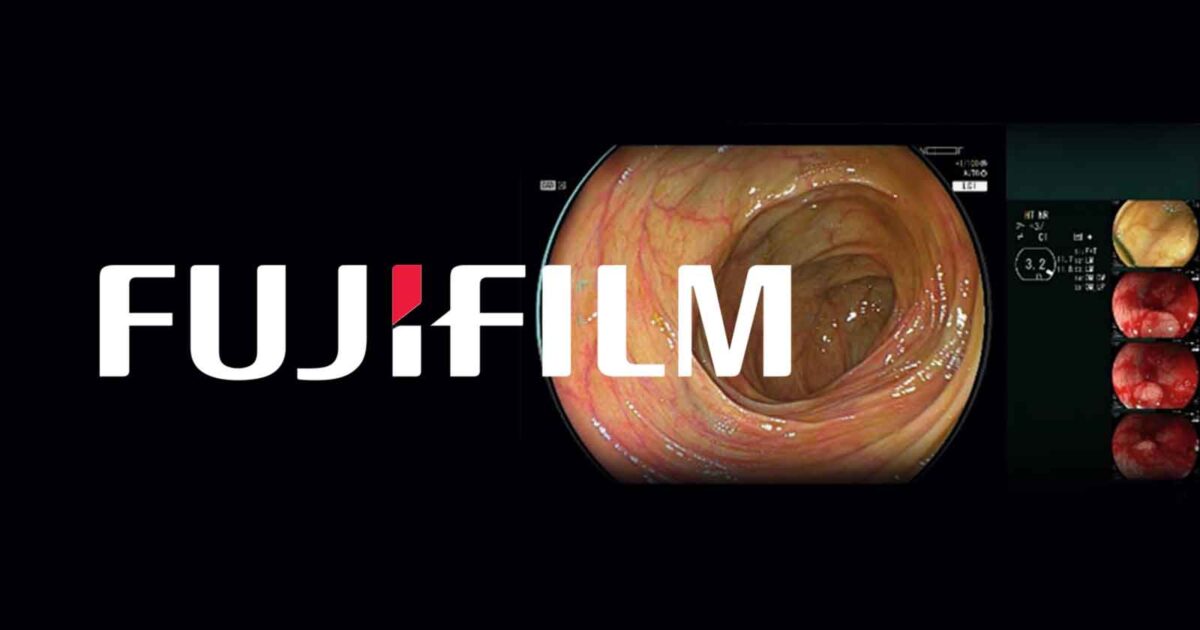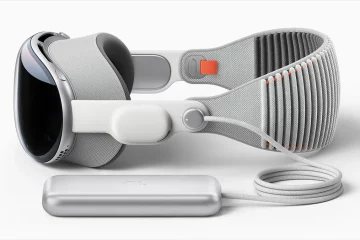
Fujifilm Secures FDA Approval for AI-Powered Endoscopy Technology Competing with Medtronic’s GI Genius.
Today, Fujifilm announced that its CAD EYE AI-powered detection system for endoscopic imaging has received 510(k) clearance from the FDA. This system, known as CAD EYE, facilitates real-time detection of colonic mucosal lesions such as polyps and adenomas during colonoscopy procedures.
It assists endoscopists in identifying and removing pre-cancerous lesions, regardless of their size, shape, or color. Notably, this development enters a market currently dominated by Medtronic and its GI Genius system.
GI Genius, an AI-powered polyp detection system, initially became available in the U.S. in 2021.
Fujifilm’s system comprises a compatible expansion unit (the Fujifilm EX-1) and endoscopy support software (EW10-EC02). CAD EYE leverages the company’s Eluxeo endoscopic imaging system, incorporating AI image processing for seamless integration with the system’s processor and endoscope.
The company intends to make CAD EYE commercially available this spring following a limited market evaluation.
Tai Fujita, General Manager of Endoscopy at Fujifilm Healthcare Americas Corporation, expressed the company’s commitment to providing high-quality imaging and optics to empower endoscopists in addressing public health challenges. He emphasized the potential of CAD EYE to significantly enhance the quality of colonoscopy procedures.
More Details on the Fujifilm CAD EYE System:
Fujifilm developed CAD EYE using deep learning technology at its Tokyo-based global AI technology center. The system’s validation involved histologically confirmed polyps in clinical images.
CAD EYE is compatible with both white light imaging and Linked Color Imaging (LCI). Fujifilm introduced an enhanced visualization mode to distinguish the red color spectrum, thereby improving mucosal visualization.
According to a news release, the technology aids in detecting lesions that may be easily overlooked, including flat lesions, those at the edges of the endoscopic view, and multiple lesions within a single frame. When CAD EYE identifies a suspicious polyp, the physician receives visual and auditory alerts without disrupting the existing workflow.
Fujifilm cited studies demonstrating CAD EYE’s ability to significantly advance colorectal cancer detection and diagnosis. The system detects significantly more adenomas during screening and surveillance compared to conventional high-definition colonoscopy without AI assistance, without prolonging procedure time.
Furthermore, Fujifilm observed a 17% higher adenoma detection rate per colonoscopy compared to high-definition conventional colonoscopy. The system detects colorectal neoplastic lesions at a level comparable to that of an expert and superior to that of a beginner, the company claimed.
Dr. Sravanthi Parasa of the Swedish Medical Center, a gastroenterologist dedicated to patient care and safety, expressed enthusiasm for the FDA’s approval of Fujifilm’s AI CAD polyp detection algorithm.
This breakthrough enables early detection of precancerous lesions, reducing the risk of missed lesions and enhancing precision, ultimately improving patient outcomes. Dr. Parasa emphasized the significance of embracing technological innovations in gastrointestinal healthcare to safeguard patient health.



